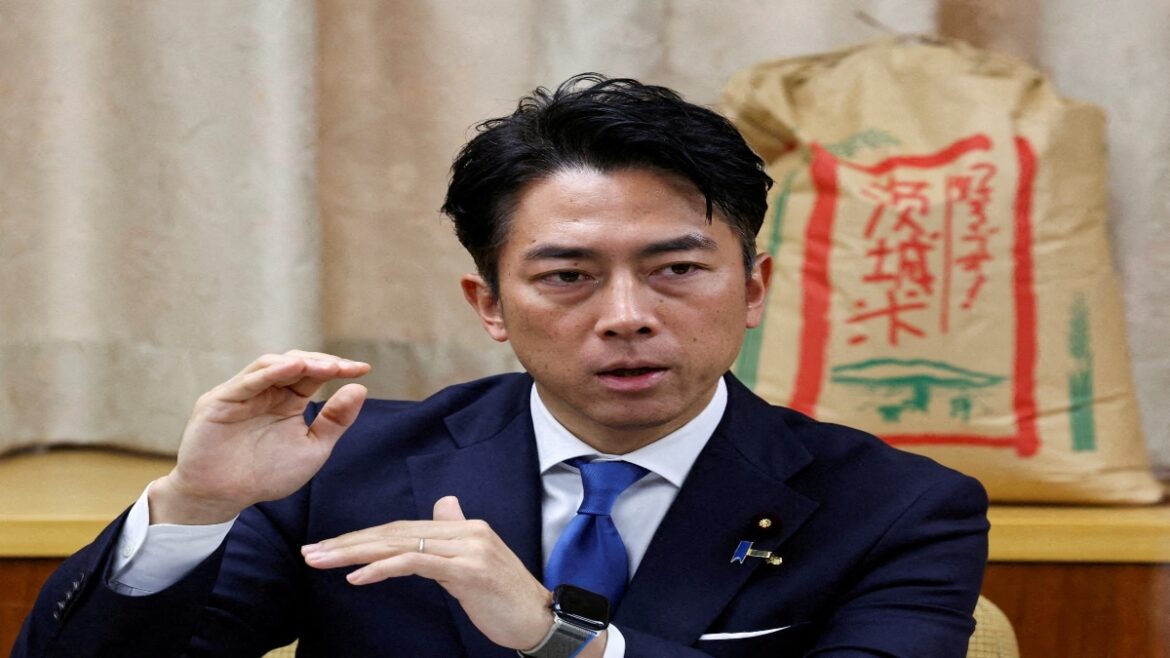Koizumi is expected to lean on his recent efforts to curb soaring rice prices, a politically sensitive issue that could help consolidate rural support within the party
Japan’s Agriculture Minister Shinjiro Koizumi officially entered the race on Tuesday to become the next leader of the ruling Liberal Democratic Party (LDP) and succeed outgoing Prime Minister Shigeru Ishiba, who announced his resignation following a string of electoral setbacks.
According to a Reuters report, Koizumi, the son of former Prime Minister Junichiro Koizumi, had informed his supporters over the weekend about his decision to run.
His campaign will be led by Finance Minister Katsunobu Kato, who pledged his full support during a separate press conference, calling for party unity, added the report.
STORY CONTINUES BELOW THIS AD
“I’ve decided to support Minister Koizumi in the spirit of unifying the party and moving forward,” Reuters quoted Kato as saying, who finished last in the LDP leadership race held in September last year.
Koizumi is expected to lean on his recent efforts to curb soaring rice prices, a politically sensitive issue that could help consolidate rural support within the party.
Chief Cabinet Secretary Yoshimasa Hayashi, who has served as the Ishiba government’s top spokesperson, declared his candidacy on X.
“I aim to lead a new administration that balances stability and growth, leveraging all of my experiences and achievements,” Hayashi posted.
Former Foreign Minister Toshimitsu Motegi was the first to throw his hat in the ring last week, followed by Former Economic Security Minister Takayuki Kobayashi.
Also expected to announce her candidacy this week is former Internal Affairs Minister Sanae Takaichi, a proponent of government stimulus and monetary easing who could become Japan’s first female leader.
Koizumi and Takaichi are seen as the frontrunners in the leadership race, media polls showed. All five also contested last year’s leadership election won by Ishiba.
Kobayashi laid out policy planks on Tuesday ranging from temporary income-tax cuts and a long-term overhaul of income tax, as well as stricter controls on immigration and foreign purchases of Japanese companies and land.
STORY CONTINUES BELOW THIS AD
Japan is in transition from a deflationary economy, he said, adding, “Once the economy enters a growth phase, I believe the Bank of Japan’s monetary policy will naturally be changed.”
The choice of Japan’s next leader is more complicated than before as the LDP, which has ruled for most of the post-war period, and its coalition partner Komeito, lost their majorities in both houses of parliament during Ishiba’s tenure.
With inputs from agencies


AloJapan.com